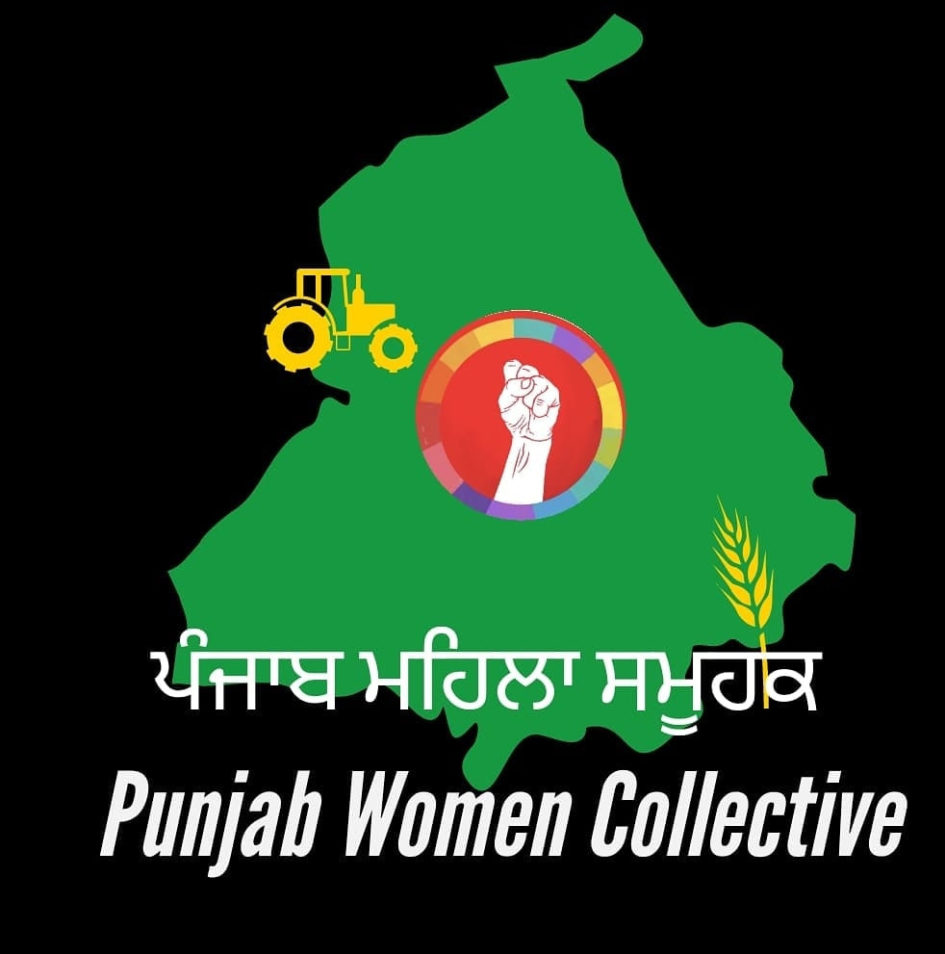Women farmers from Punjab Women Collective speak from Ground Zero about the Black Laws and the Framer Protests in Delhi
The Farmers’ Produce Trade And Commerce (Promotion And Facilitation) Bill, allows farm produce to be bought and sold outside the state government-regulated mandis. It allows them to sell their produce anywhere within the state and in other states to private traders. However, farmers are opposing the bill on the grounds that it will privatise the current system, drive crop prices down and may do away with the MSP. The second bill, The Farmers (Empowerment And Protection) Agreement On Price Assurance And Farm Services Bill, 2020, allows big businesses to cultivate land on contract. The third bill, The Essential Commodities (Amendment) Bill, 2020, removes existing restrictions on stocking food produce. It allows the central government to regulate the supply of certain food items only under extraordinary circumstances, such as war, famine, extraordinary price rise, or a natural calamity.
Surinder Gill Jaipal , a daughter of a farmr who grew up farming and then becominga Professor said that ‘The Essential Commodities (Amendment) Ordinance, allows private players to store any amount of agricultural produce. “It may even lead to hoarding and black marketing and pushing up the prices for consumers, “Such a scenario would hit the consumers of agri-produce as these companies would be in a position to regulate both the procurement prices and the selling prices. In the case of any litigation, the farmers would be no match to giant-size corporates.
These laws are only for Adani and Ambani and signing them si signing our death warrant, she emphasised.
She Further added that India ranks 94th among 107 Nations in Global Hunger Index. We are on path to extreme hunger/ famine. Famines are not caused by non-existence of food, food is there, but is stored in Cold Storages and warehouses of Capitalist, beyond the purchasing capacity of Poor,
Even though farmers from Punjab and Haryana, who have rallied at Tikari and Singhu borders as well as Burari, have brought along their own dry provisions and other essentials to prepare food in community kitchens (langar) for the protesters, there are people who don’t have any arrangements for meals during the agitation.
Jasbir Kaur Natt who si 60 year old and State committee member, Punjab Kisan Union (PKU), Popular among her fellow activists as “comrade”, Jasbir Kaur Natt from Punajb Women Collective sai, “PKU started forming its women’s wing this year itself. Now, we are surprised to see that thousands of women takinf part in this protest. Living in trolleys is really difficult, but the locals have opened up their hearts to welcome us and even offered us the use of their toilets
Farmer Neelam Ghuman of Baba Bakala in Amritsar has left her children at home to participate in the protest. They are grown up, but finding it difficult to manage home in her absence, she said, adding, “The success of this movement will decide the future of our kids. They can manage without me for some time, but without income from our crops, life will be difficult for them.” She is staying with 12 women in a trailer and has access to all basic necessiteis thanks to support of locals .
Despite the government’s claims, none of these ordinances serve the farmers’ interest in any way. Rather, they will prove detrimental to their interests. Undoubtedly, they will help the big corporations. With monopoly of the corporates, prices will crash by half which will badly affect the bazaar also.” He described the ordinances as an encroachment into the affairs of states and a direct attack on the federal system of the country. The logic of MSP is defied if there is nothing binding as per a system that the entire crop grown by a farmer has to be purchased by a specific buyer,” he said. “These ordinances, in a combined capacity, will lead to a food grain crisis in the country.”, she added.
Kanwaljeet Dhillon from Punjab Women’s Collective gave a historical context of Punjabi culture and economy revolves around agriculture. The artistes have also earned our bread indirectly from this economy. Now it is time for us to pay back by supporting the farmers. Most of Punjabi singers come from the agriculture background and it is also the reason that they feel attached with this issue. This issue is about survival of Punjab.”

Leave a Reply